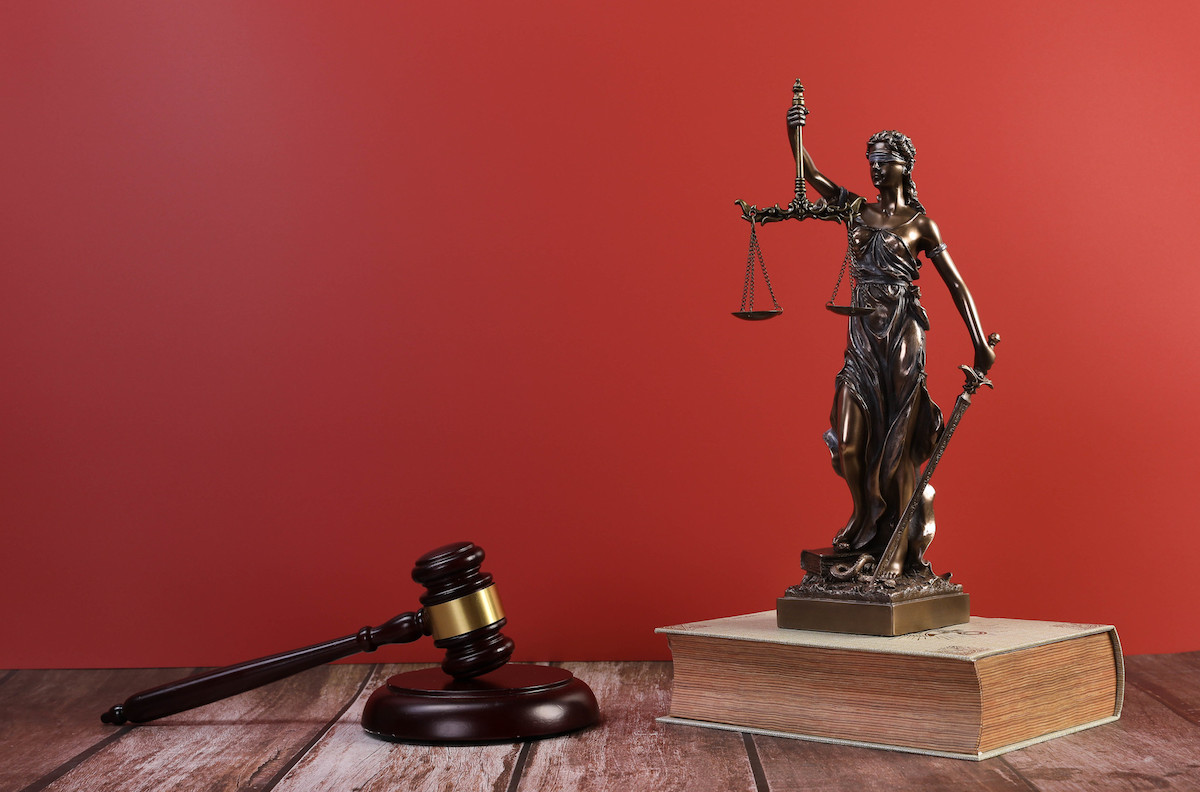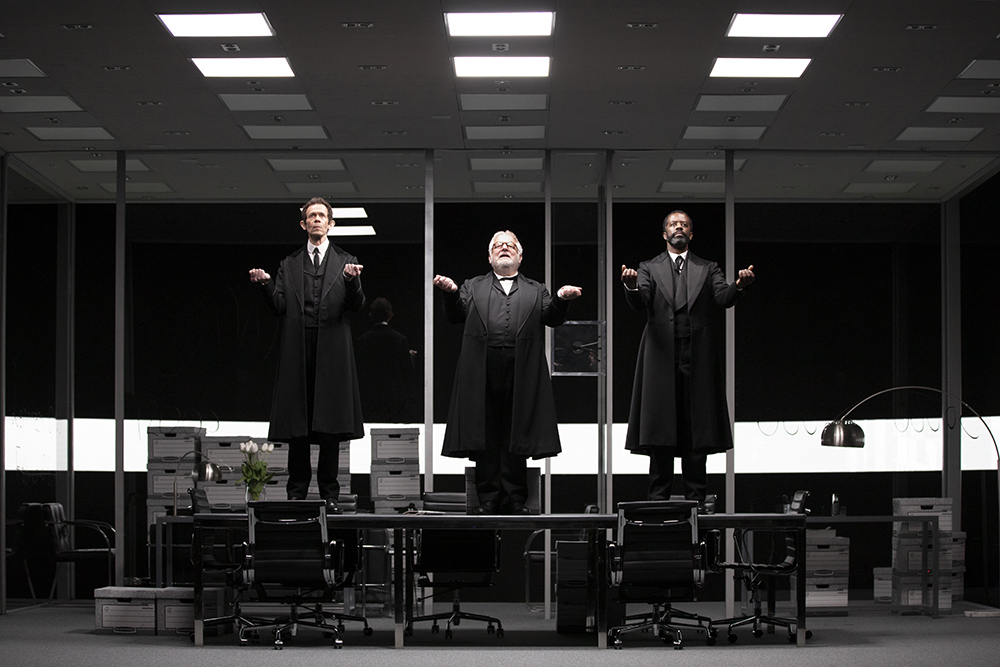Maryland’s digital lending regulation law, known as Maryland House Bill 518, in the pipeline since 2020, materialized throughout 2021 to come into effect on January 1, 2022. It provided for a framework for the loan of electronic literary products — ebooks and audiobooks, therefore — and above all the acquisition of related rights by establishments.
For the first time, a State insisted on ” reasonable terms offered by publishers to libraries, in order to counter particularly inconsistent prices – with an upward trend and loan conditions deemed restrictive by professionals.
In the United States as in other countries, such as France and European countries, publishers can indeed set and modify loan conditions and prices, unilaterally. Fearing a cannibalization of e-book sales through lending, publishing houses and groups often inflate licensing fees for lending e-books or audiobooks, to the detriment of libraries — and public money.
For several years, American librarians have denounced this situation, calling for state intervention. And to mention the strong price differences: in September 2019, the digital version of The Institute, by Stephen King, cost $14.99 for the general public, compared to $59.99 for libraries. For digital audio, consumers spend $14.95, libraries $99.99. Certainly, specific conditions accompany these purchases, but they must also be renewed, once the license has expired.
“Two centuries of federal law”
Publishing had not remained unmoved in the face of Maryland legislation: the Association of American Publishers (AAP) had quickly denounced an unconstitutional law, which went against the American Copyright Act by depriving publishers and authors of part of their rights.
Attacked, the law had not finally been applied from January 1, 2022, the time for justice to rule. Judge Deborah L. Boardman issued a preliminary injunction, and the state finally backed down last April.
The judgment is now confirmed, with a permanent injunction. ” In its judgment, the Court again asserts that the Maryland law is unconstitutional because it “contravenes and is prohibited by the Copyright Act”et “opposes the application and execution of the objectives and intentions of Congress”, quotes the AAP in a press release which welcomes this conclusion.
« The hitch [au Copyright Act] was amazing, because it clashed with two centuries of federal law and upended a digital economy in which authors, artists, publishers and producers around the world can make copyrighted content available to the public in a plethora of formats and access model, including over half a billion library loans in the United States alone “, takes care to specify Maria A. Pallante, CEO of the Association of American Publishers.
Several American states had followed in the footsteps of Maryland, with their own legislation, but this court decision could put a brutal halt to it. A framework for digital lending in the United States would thus require a debate at the federal level, and international treaties relating to author’s rights and copyright could still oppose it.
Photography: Marco Verch, CC BY 2.0
–


